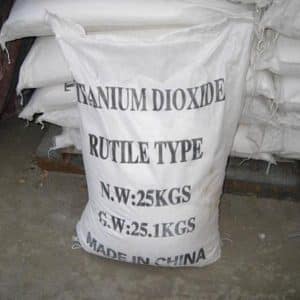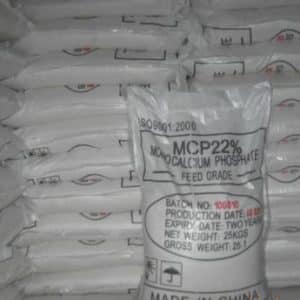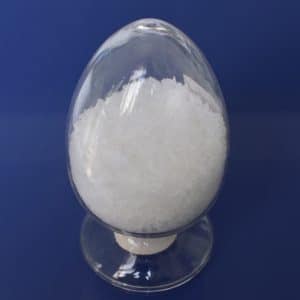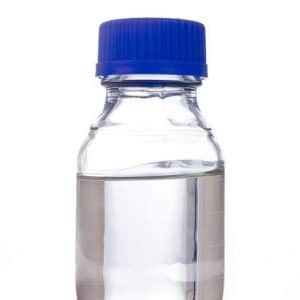Description
Diethylene Glycol Monovinyl Ether: A Versatile Building Block in Chemistry
Diethylene glycol monovinyl ether (DEGME or DGMVE) might not be a household name, but it plays a quietly crucial role in various industries. This organic compound, a colorless liquid with a mild odor, is a vinyl ether derived from diethylene glycol. Understanding its properties and applications provides insight into the world of modern chemistry and materials science.
Chemical Nature and Properties
At its core, DEGME consists of a diethylene glycol backbone with a vinyl ether group attached to one of the hydroxyl (OH) ends. This unique structure gives rise to its characteristic properties:
Formula: C₆H₁₂O₃
Molecular Weight: Approximately 132.16 g/mol
Appearance: Colorless to slightly yellowish liquid
Odor: Mild, somewhat ether-like
Solubility: Good to excellent in many common organic solvents and, to some degree, in water.
Reactivity: Possesses a reactive double bond due to the vinyl group, making it capable of undergoing polymerization and various chemical reactions.
Applications in Diverse Fields
The key to DEGME’s versatility lies in its reactive vinyl group, making it a valuable building block for creating polymers and other complex molecules. Here are some of its prominent applications:
Polymer Synthesis: DEGME is commonly used as a monomer in polymer production. It can homopolymerize, forming poly(diethylene glycol monovinyl ether), or it can copolymerize with other monomers to create materials with tailored properties.
Coatings and Adhesives: Its reactivity allows for the creation of coatings and adhesives with excellent adhesion, flexibility, and durability. These materials can be found in paints, varnishes, and specialized adhesive formulations.
Chemical Intermediates: DEGME is a crucial intermediary in the synthesis of various specialty chemicals, including pharmaceuticals, agrochemicals, and other fine chemicals. Its reactive vinyl group allows for diverse chemical transformations.
Crosslinking Agents: It can function as a crosslinking agent in various polymer systems, improving their thermal and mechanical properties by forming bonds between polymer chains.
Reactive Diluents: In certain formulations, DEGME acts as a reactive diluent. This means it helps to reduce viscosity and improve flow while also participating in the curing (hardening) process of the material.
UV-Curable Resins: DEGME is a component of ultraviolet (UV)-curable resins because of that vinyl group allowing it to contribute to rapid curing upon exposure to UV light. This application is common in inks, coatings, and 3D printing resins.
Safety Considerations
While DEGME offers many benefits, it’s important to be aware of potential safety considerations:
Irritant: DEGME can cause skin and eye irritation. Exposure should be avoided by using appropriate protective measures (gloves, eyewear).
Flammable: It is a flammable liquid, and should be kept away from open flames or other ignition sources.
Inhalation: Inhalation of vapors should be avoided. Use in a well-ventilated area or wear respiratory protection.
Handling: Handle DEGME cautiously and review the safety data sheet (SDS) for detailed handling and storage information.
Toxicity: Research indicates that while it is considered to have relatively low toxicity in various applications, prolonged or excessive exposure should be avoided.
The Future of DEGME
Ongoing research and innovation are expanding the potential applications of DEGME. Scientists are continually exploring new polymerization techniques and formulations, enabling the creation of advanced materials with specific properties.
Conclusion
Diethylene glycol monovinyl ether is a versatile and valuable chemical building block with applications spanning coatings, adhesives, polymers, and fine chemicals. Its unique chemical structure gives it the reactivity needed to craft various materials with tailored properties. However, it’s crucial to handle it with care, adhering to safety guidelines to ensure its responsible and effective use. As research progresses, we can expect DEGME to continue playing a significant role in advanced materials and chemical synthesis.







Reviews
There are no reviews yet.